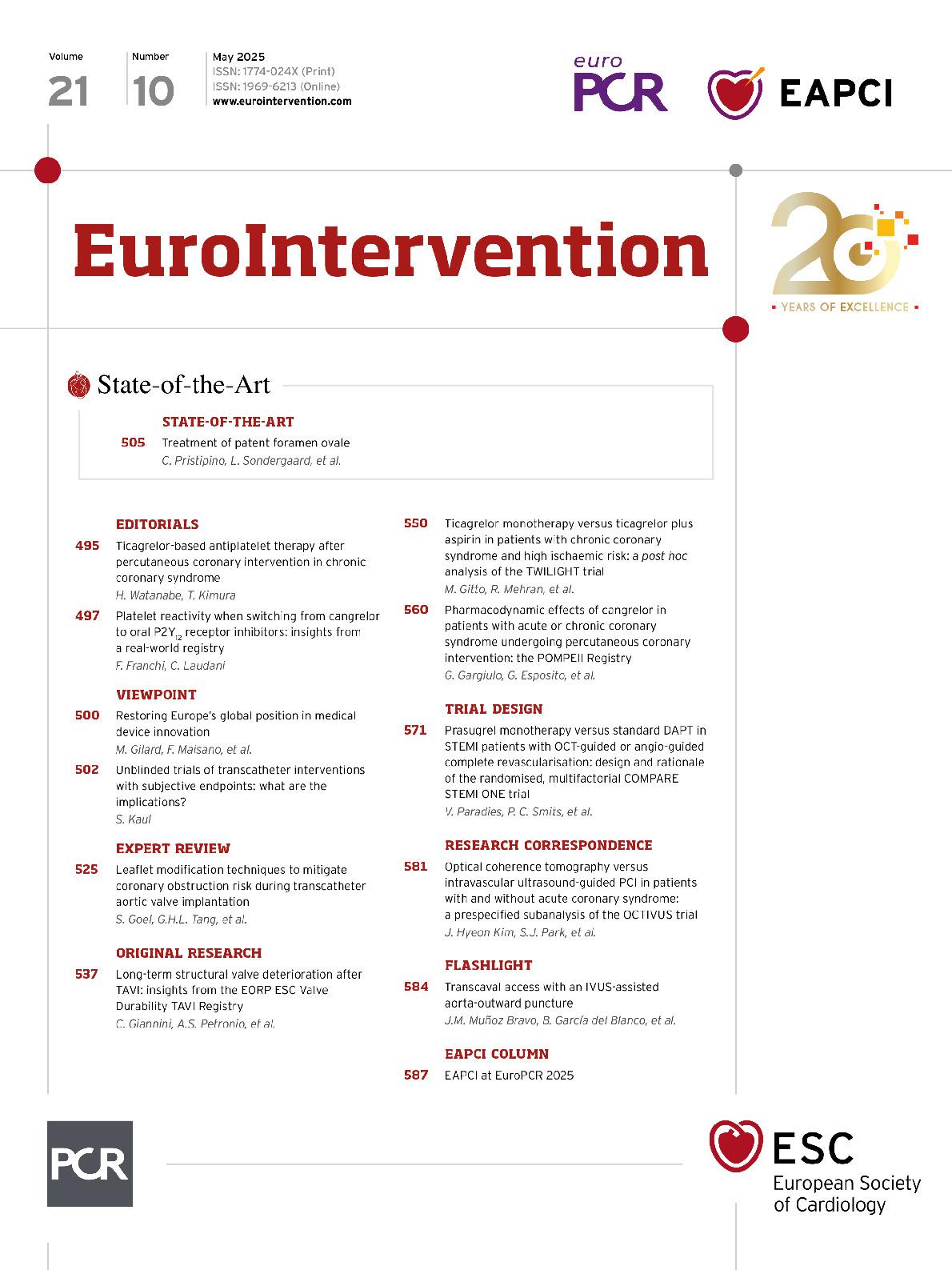Abstract
Background: Cangrelor is approved for oral P2Y12 inhibitor-naïve patients undergoing percutaneous coronary intervention (PCI). Pharmacodynamic (PD) investigations in various clinical settings, with various assays, have shown contrasting data in terms of the extent of platelet inhibition and rates of high residual platelet reactivity (HRPR).
Aims: We aimed to assess the PD effects of cangrelor in all patients receiving it during PCI.
Methods: PharmacOdynaMic Effects of Cangrelor in PatiEnts wIth Acute or chronIc Coronary Syndrome Undergoing Percutaneous Coronary Intervention (POMPEII Registry; ClinicalTrials.gov: NCT04790032) is an investigator-initiated, prospective study assessing PD effects at 4 timepoints with 3 assays. Clinical outcomes at 30 days were also assessed.
Results: From March 2021 to June 2024, 150 patients undergoing PCI and receiving cangrelor were enrolled (64 patients underwent elective PCI; 30 had non-ST-elevation acute coronary syndrome; and 56 had ST-segment elevation myocardial infarction [STEMI], of whom 24 were pretreated with ticagrelor). Most patients switched from cangrelor to either clopidogrel or ticagrelor. Inhibition of platelet aggregation was moderate during cangrelor infusion (light transmittance aggregometry with adenosine diphosphate 20 μM: 57.6±16.5%), with rates of 3.2% for HRPR and 1.3% for bailout tirofiban. Rates of HRPR were relevant at 3 h (37.9%) and 4-6 h (15.3%), and HRPR occurred significantly more frequently in patients switching to clopidogrel compared with ticagrelor. Rates of ischaemic and bleeding events were low.
Conclusions: Cangrelor provided effective platelet inhibition in most patients with ACS or CCS undergoing PCI, including those with STEMI who were pretreated with ticagrelor. Switching from cangrelor to an oral P2Y12 inhibitor, mainly clopidogrel, exposed a large number of patients to a variable period of on-treatment HRPR.
Sign up for free!
Join us for free and access thousands of articles from EuroIntervention, as well as presentations, videos, cases from PCRonline.com

